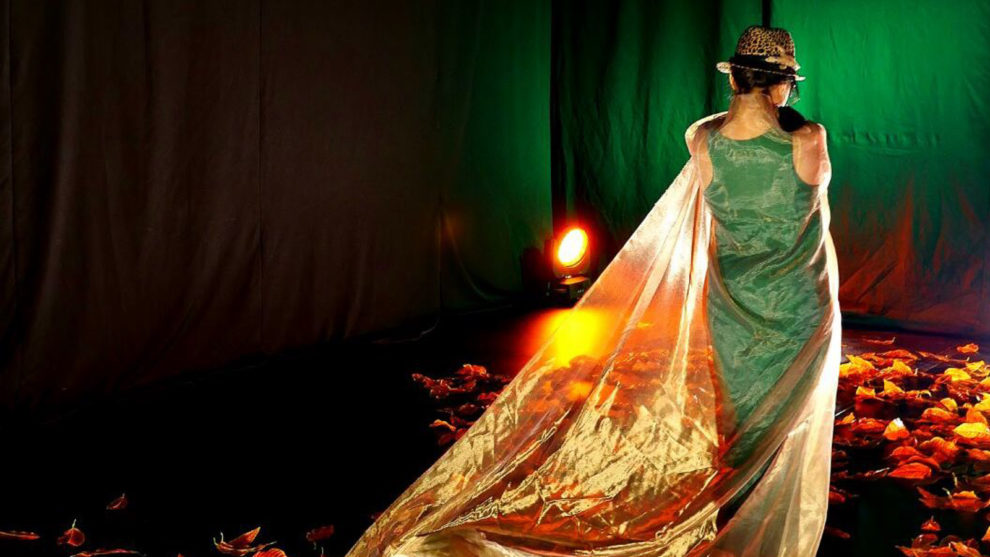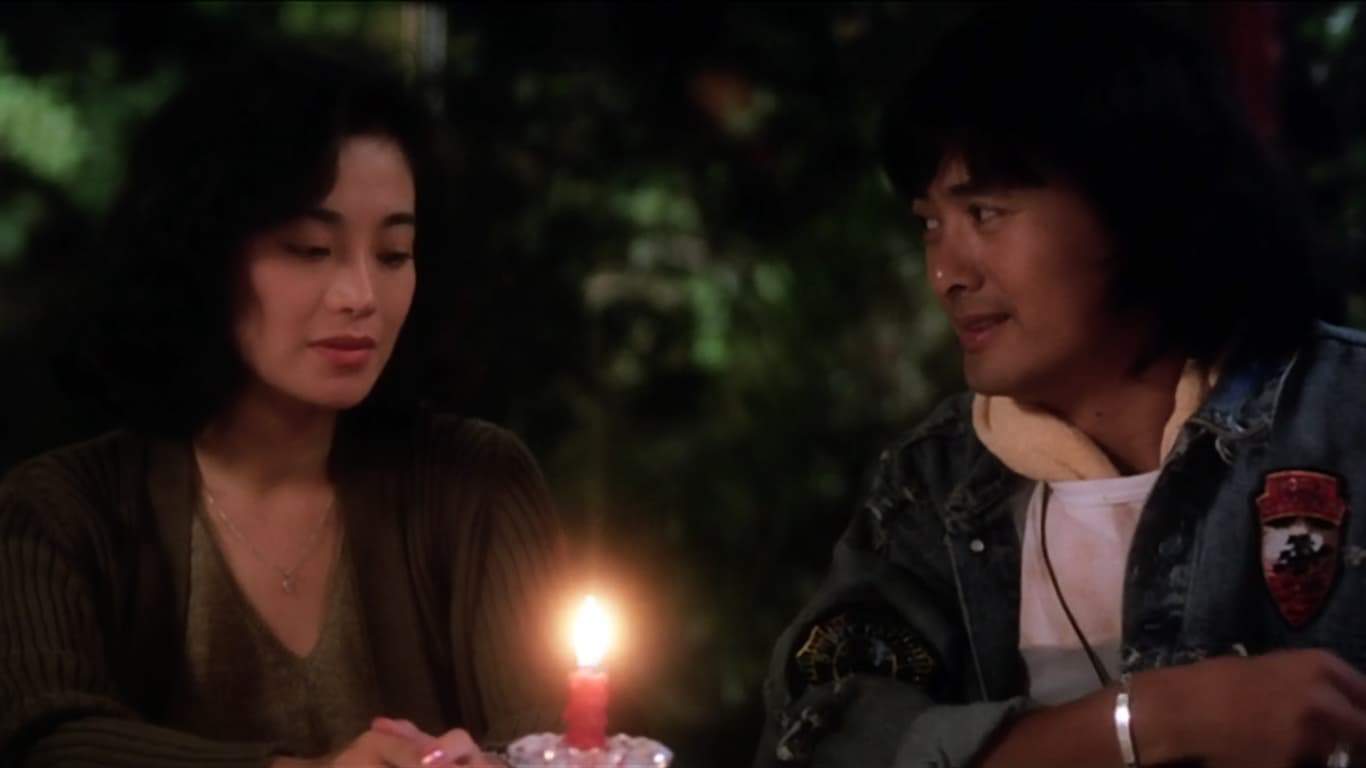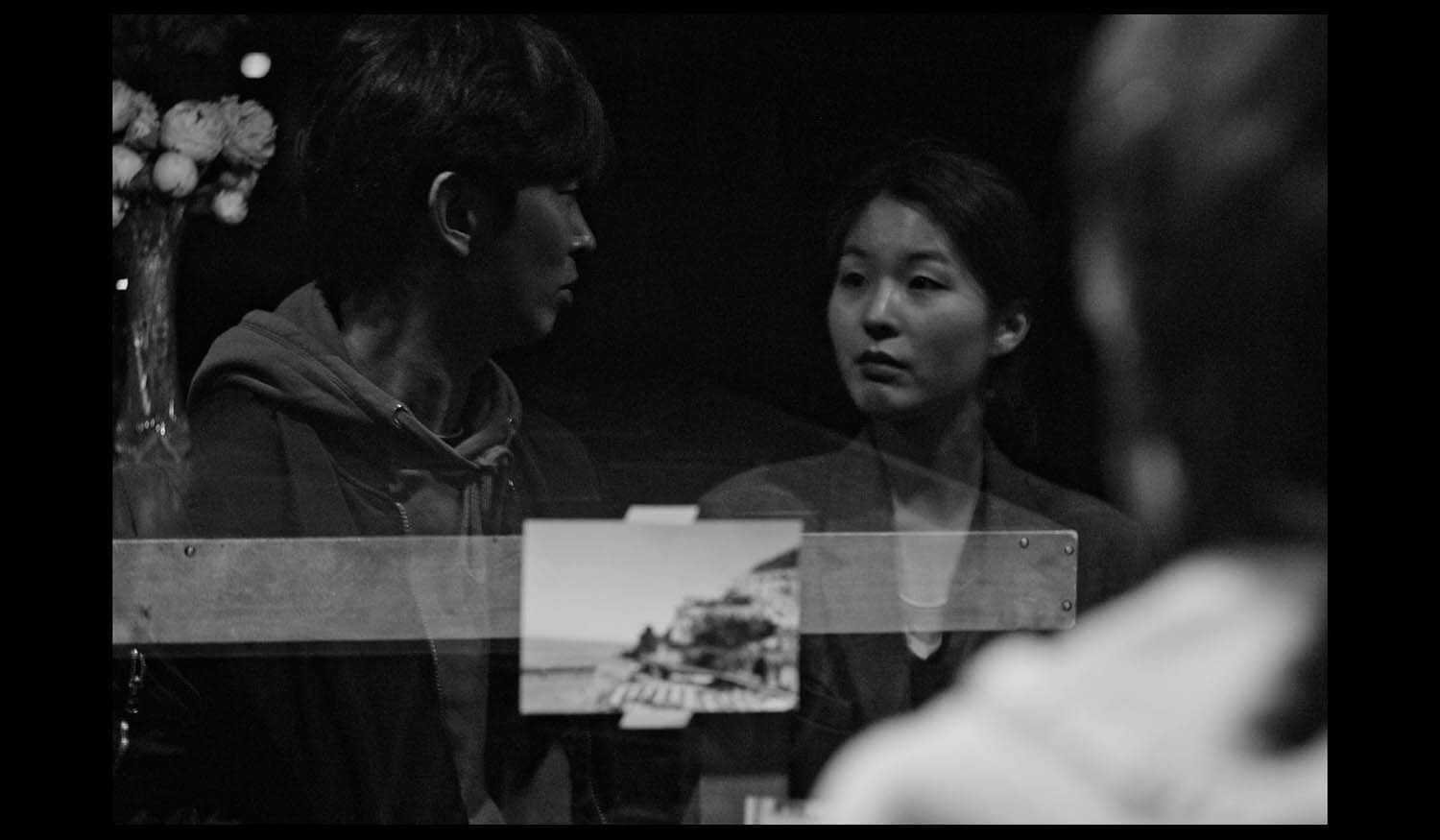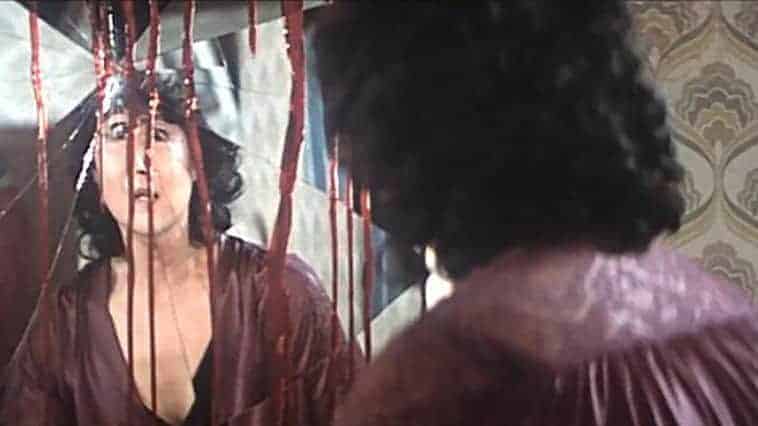When author Qiu Miaojin died in 1995 at the age of 26, the LGBTQ movement as we know it now was still a vague shimmer on the horizon, but has already lost one of its most prolific and creative minds. Thanks to her works such as “Notes of a Crocodile” and “Last Words from Montmartre” her words are not forgotten and her heroes as well as their thoughts are still being discovered by many readers all over the world, who will hear a voice who was not afraid to talk about gender identity and that realized this issue would be one of the most important topics in the near future. Using her own experience as a lesbian living in Taiwan and later on in the streets of Paris, Miaojin became a role model for many people who still struggled to find their identity within a society still defined by certain stereotypes considering sexuality and gender. In his documentary “Love and Death in Montmartre” Hong Kong filmmaker Evan Chan (“Datong: The Great Society”) takes a look at the life and work of the author who died so young, but whose influence has grown over time, as well as her thoughts on various issues such as sexuality and her view at Taiwanese society.
“Love and Death in Montmartre” is screening at San Diego Asian Film Festival

Originally planned as a commission work for Radio Television Hong Kong, the feature quickly exceeded the 52-minute running time which the director had agreed to, due to the sheer mass of material Evans and his crew had gathered over the course of the production. Eventually, he managed to make a longer version which premiered last year at International Queer Film Festival. In 105 minutes, divided into several sections covering various stages in the author's biography Evans uses interviews with friends, colleagues as well as creative minds who have been influenced by the words of Qui Miaojin. Apart from the interviews, the audience will of course hear the voice of the writer, with her works being presented by other authors, such as Eileen Myles, along with excerpts from the movies she shot and edited in Paris, which constitute a much-needed addition to her novels.
For those unfamiliar with Qui Miaojin, the documentary will certainly show the life of a woman, who was a stern representative of gender identity and a highly creative mind. Supported by various statements of her friends and literary scholars along with archival footage, Qui is presented as a woman in love with life, unapologetic about her views and her sexuality. Her words, through voice-over, as text within the image or read out aloud by fellow authors, emphasize the strength of these views and the surprising playfulness, for example, when coming up with the idea of using the symbol of the crocodile as a way of describing the isolated state of sexual minorities in society. Through many examples, especially the interviews with translators, we also learn about her influence on language, such as the origin of the expression “La-zi” as a popular Cantonese slang word for “lesbian”.
However, the image Evans draws of the author goes far beyond the concept of identity and also presents her thoughts on the nation. Whereas many authors dealing with the issues of gender and identity in their work fail to make the transition from the individual experience to the society or the system they live in, Miaojin is portrayed as a mind thinking about the link between individual and nation and vice versa. For example, the idea of the missing “spiritual sustenance” of a nation as well as the individual through neglecting themes such as identity and sexuality, again, supported by the use of interviews, is a strong point, completing the overall image of an author with a vision for a nation which could, one day, rid itself of certain stereotypes and conservative attitudes, an idea that is at the very core of the LGTBQ movement all over the world.
“Love and Death in Montmarte” is an insightful and inspiring documentary about the author and director Qiu Miaojin. Through an extensive amount of research, interviews and, above all, the works by Miaojin herself, filmmaker Evans Chan gives a thought-provoking portrayal of a creative mind fighting for equality, gender identity and freedom of expression.














